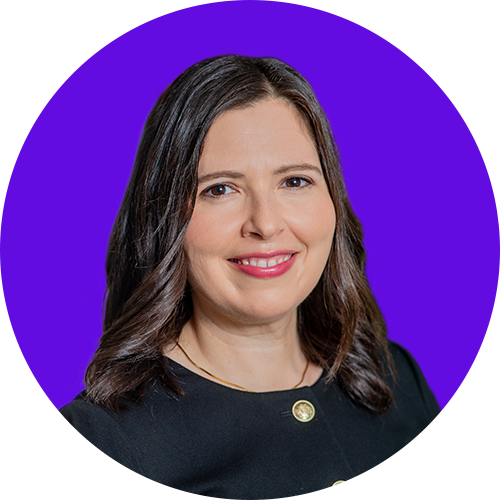News & Insights
New Priority Areas and Opportunities for Funding in 2025

As 2024 comes to a close, we at the Dana Foundation are proud of the grants we have funded over the past few years under our Neuroscience & Society mission and are eager to see and share what our grantees are learning through their work. Our grants portfolio is anchored by the Dana Center Initiative and complemented by numerous smaller grants funded primarily within our three program areas: Dana Education, Dana NextGen, and Dana Frontiers. Our hope is that this collection of projects helps to advance neuroscience that benefits society and reflects the aspirations of all people.
As we’ve done in 2023 and 2024, we are once again accepting letters of interest (LOIs) for pilot projects in Neuroscience & Society, where applicants may request up to $150,000 in funding for projects over a period of up to 18 months. All applications must be submitted through the Foundation’s GivingData portal by January 31, 2025, for consideration in this cycle. The maximum length for an LOI is three pages, as noted in the guidelines posted on the portal.
While these LOIs are accepted on a rolling basis throughout the 2025 calendar year, we are currently prioritizing LOIs we receive before January 31, 2025, to best align with our funding cycles. In addition, we’d like to highlight a new aspect of the 2025 applications: Each program area has a call-out that highlights a particular area of interest for these LOIs.
These areas of interest were developed based on the existing portfolio of grants within each program area, in addition to opportunities identified by our program team. Applicants do not have to submit LOIs that are responsive to these areas of interest, but our program staff are particularly interested in applications that would help meet the specific needs identified for each program area.
The Dana Education program is particularly interested in receiving LOIs for pilot experiential learning programs in Neuroscience & Society for middle and/or high school students. The program seeks to support immersive programs that incorporate hands-on activities, experimentation, and real-world applications of neuroscience, enabling students to build the scientific, critical thinking, and problem-solving skills needed to address pressing socio-scientific issues.
Proposed programs should expose students to the interdisciplinary nature of neuroscience, including connections to non-science disciplines (e.g., ethics, law, humanities, arts, social sciences, policy, journalism, education, and public engagement), and provide students with opportunities to engage in meaningful interactions with scientists and other professionals working in the field. Our goal is to support programs that will capture students’ interest in Neuroscience & Society by deepening their understanding of the field’s relevance to their everyday lives and inspire them to pursue Neuroscience & Society careers.
The Dana NextGen program is particularly interested in receiving LOIs for pilot experiential training programs in Neuroscience & Society for graduate students. The program seeks proposals that target graduate students in neuroscience, the humanities, social sciences, law, medicine, and other fields relevant to Neuroscience & Society. Our goal is to support training programs that equip trainees to think deeply and reflexively about neuroscience and the many ethical, legal, and societal implications raised by its development. Opportunities should be interdisciplinary, combining science and non-science approaches.
The Dana Frontiers program is particularly interested in receiving LOIs for projects that develop practical engagement resources—such as toolkits, playbooks, or roadmaps—that empower practitioners (e.g., neuroscientists, policymakers, community leaders) to connect different communities, build trust-based relationships, and foster collaboration. These resources should be adaptable and actionable, leading to tangible outcomes, such as integration of community perspectives into neuroscience research and decision-making, and increased capacity for communities to use neuroscience to address their priorities.
